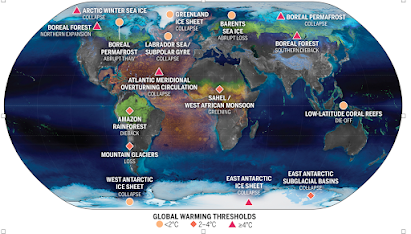ChatGPT and clean technology
If you've ever played with ChatGPT through a free account, you’ve probably been trying to see what answers you can get to common questions. Or maybe you’ve been trying to see if it can work as a virtual assistant if you’re planning travel. Or maybe you’re a software developer who’s been using Copilot and other tools that use LLMs to help you answer questions about your code when you’re stuck. We’ve been hearing a lot about ChatGPT and large-language models (LLMs) and their impacts on the jobs that are going to be available and the skills that people will need to acquire. These models together form the field of GenAI or Generative AI - often called that because they appear to generate or synthesize knowledge. Compared to regular search engines, it often seems that ChatGPT and its equivalents are producing results that are closer to human conversation. However, these models are still only a type of machine learning method; the difference is that they have been trained on extremely la...





